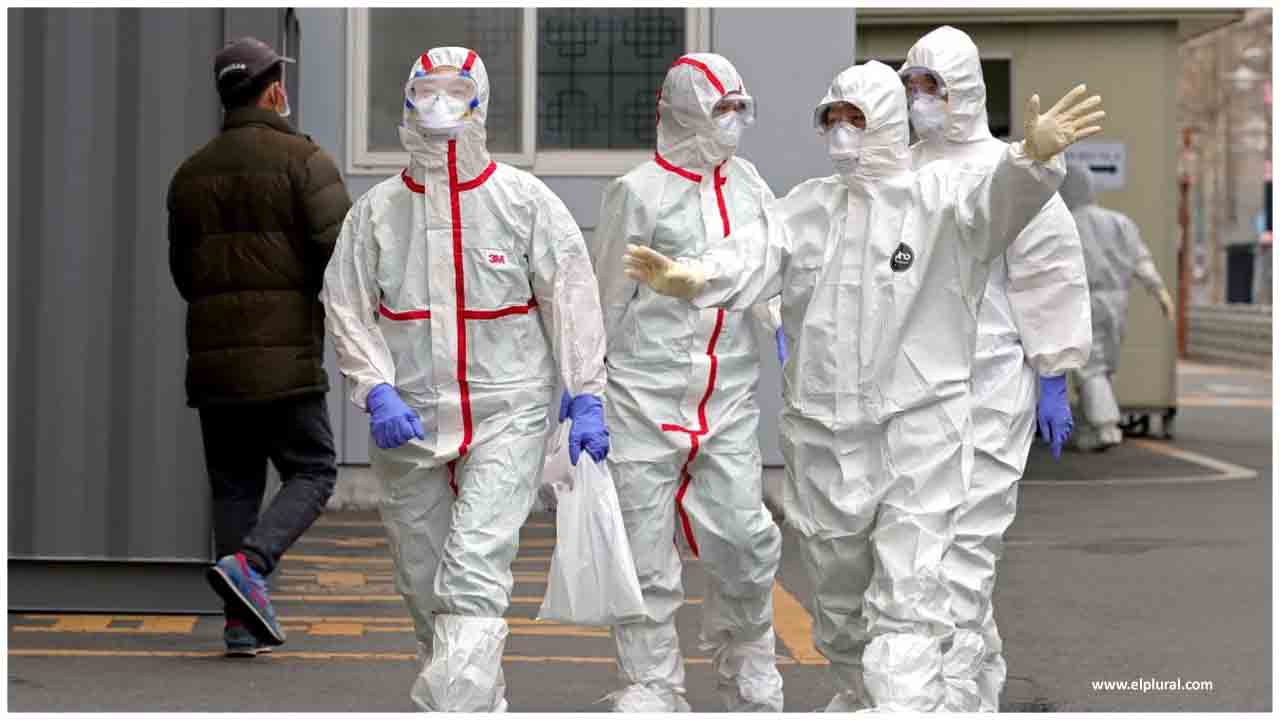Individuals living in the most denied territories of Britain are multiple occasions likelier to test positive for COVID-19 than those living in the most extravagant neighborhoods, new research demonstrated Saturday.
A University of Oxford study took a gander at more than 3,600 COVID-19 test results from national projects and found that hardship, age, and constant liver ailment all improved the probability of testing positive.
Of that example, more than 660 individuals living in the most denied zones, 29.5 percent tried positive, contrasted, and simply 7.7 percent of those in more extravagant zones, the investigation appeared.
Those matured 40-64 were at the most noteworthy hazard, with 18.5 percent of that age bunch testing positive contrasted with simply 4.6 percent of under 17s.
A more noteworthy level of men (18.4 percent) tried positive than ladies (13.3 percent).
Furthermore, individuals of dark ethnicity were multiple occasions likelier to test positive than those of white ethnicity - 62.1 percent versus 15.5 percent.
The creators, notwithstanding, forewarned that the accomplice of dark individuals tried in the investigation was little - just 58 individuals.
"With every day that passes our insight into COVID-19 improves," said Gayatri Amirthalingam, from Public Health England and co-creator of the examination imprinted in The Lancet.
"This examination of essential consideration results of people testing constructive for infection is a significant commitment to our more extensive comprehension of how COVID-19 is influencing individuals of various segment gatherings."
The investigation has various constraints as it depends just on test results from routine testing programs, which may slant the socioeconomics of individuals remembered for the examination.
By the by, lower salary had all the earmarks of being a noteworthy COVID-19 hazard factor.
"We found a relationship between expanding hardship and expanded chances of a positive test, free of family size, urban area, and smoking," the creators said.
'Existing imbalances'
The outcomes demonstrated current smokers were in reality less inclined to test positive than non-smokers (11.4 percent versus 17.9 percent).
Yet, that doesn't mean smoking shields a person from COVID-19.
For a certain something, smokers are bound to hack - a key side effect of the novel coronavirus - and along these lines might be bound to get tried in any event, when not wiped out.
It is likewise conceivable that smoking influences the viability of current COVID-19 swab tests.
"Just as the very much recorded damages to by and large wellbeing from smoking, there is potential for smoking to expand the seriousness of COVID-19 illness," said Simon de Lusignan, chief of the Royal College of GPs Surveillance Center.
Writing in a connected remark article, Rachel Jordan, a specialist from the University of Birmingham, said the examination could help shape testing programs by organizing in danger networks.
"What is on a very basic level clear is that whatever the particular hazard factors, the COVID-19 pandemic worsens existing financial imbalances," said Jordan, who was not engaged with the examination.

 A University of Oxford study looked at more than 3,600 COVID-19 test results and found that deprivation, age and chronic liver disease all increased the likelihood of testing positive
A University of Oxford study looked at more than 3,600 COVID-19 test results and found that deprivation, age and chronic liver disease all increased the likelihood of testing positive



















.jpeg)



.jpg)




.jpg)





.jpeg)

.jpg)


